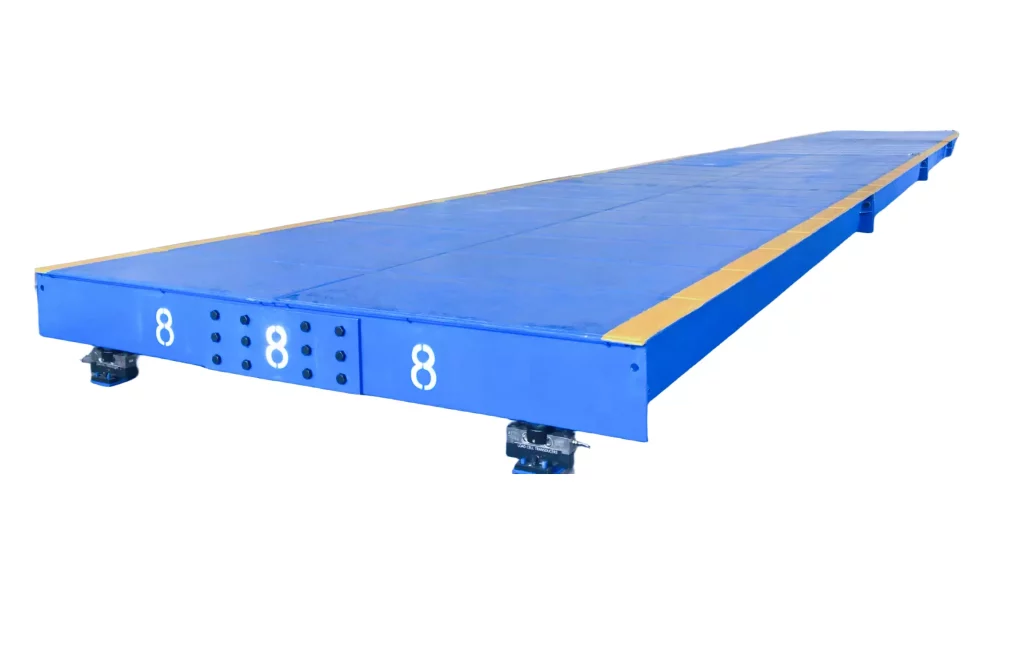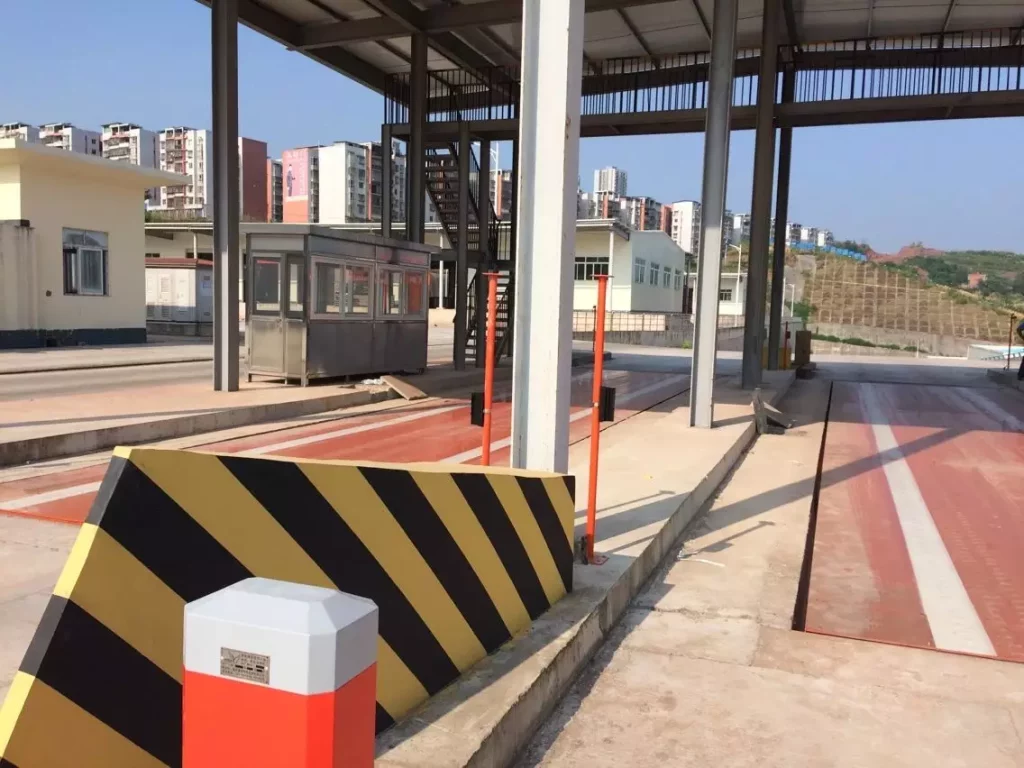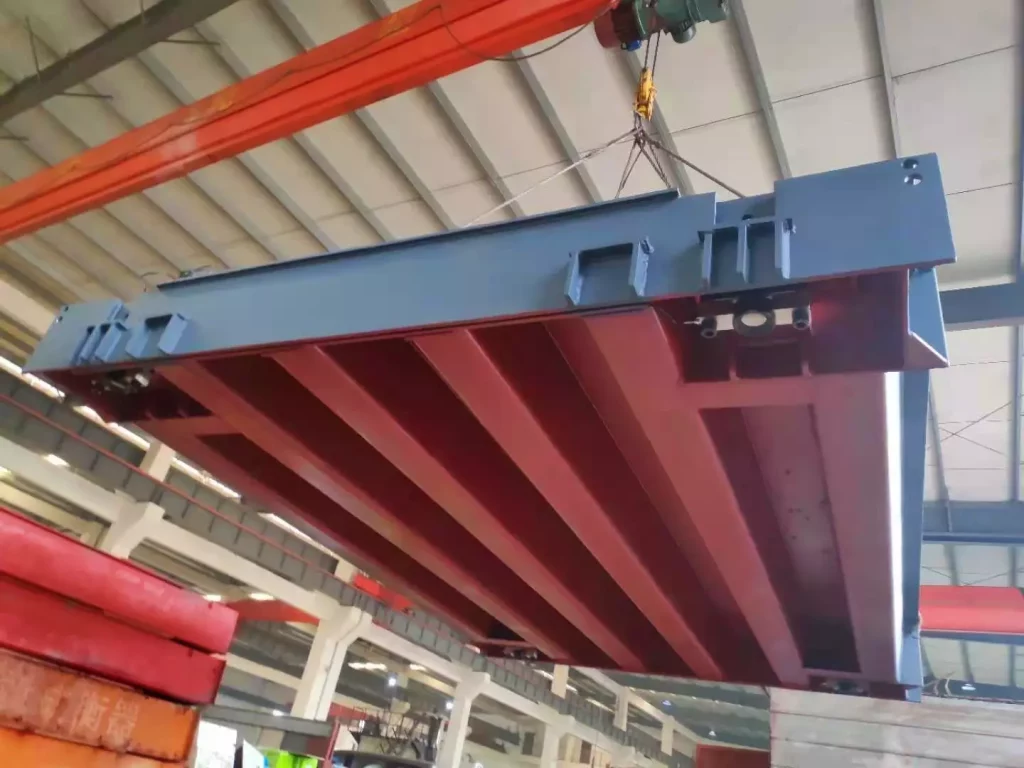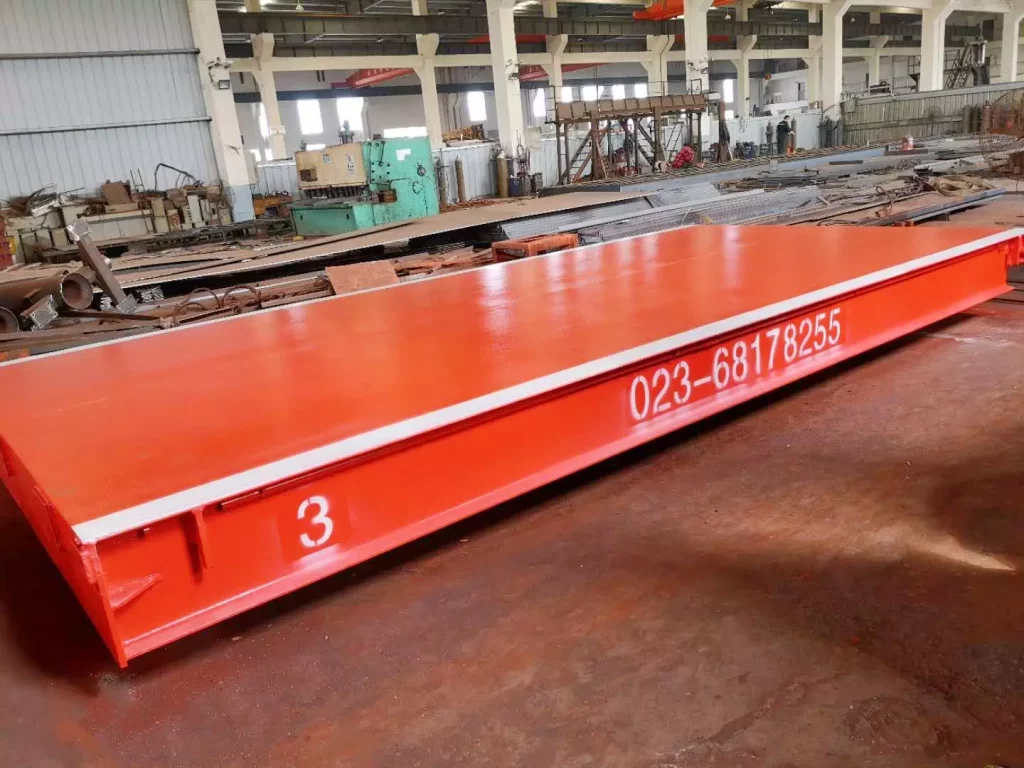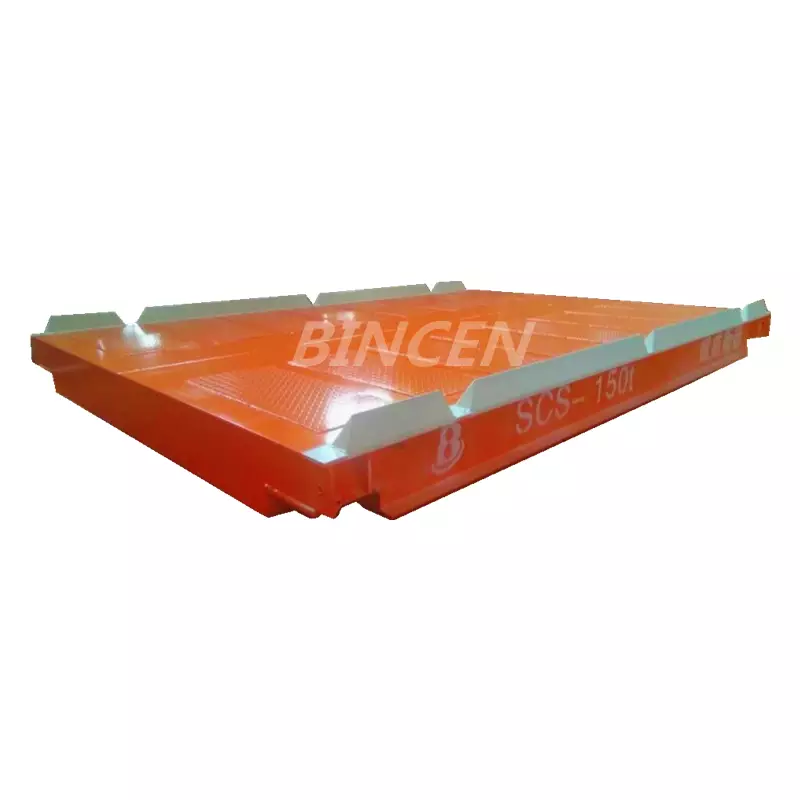What Are the Types of Truck Scales?
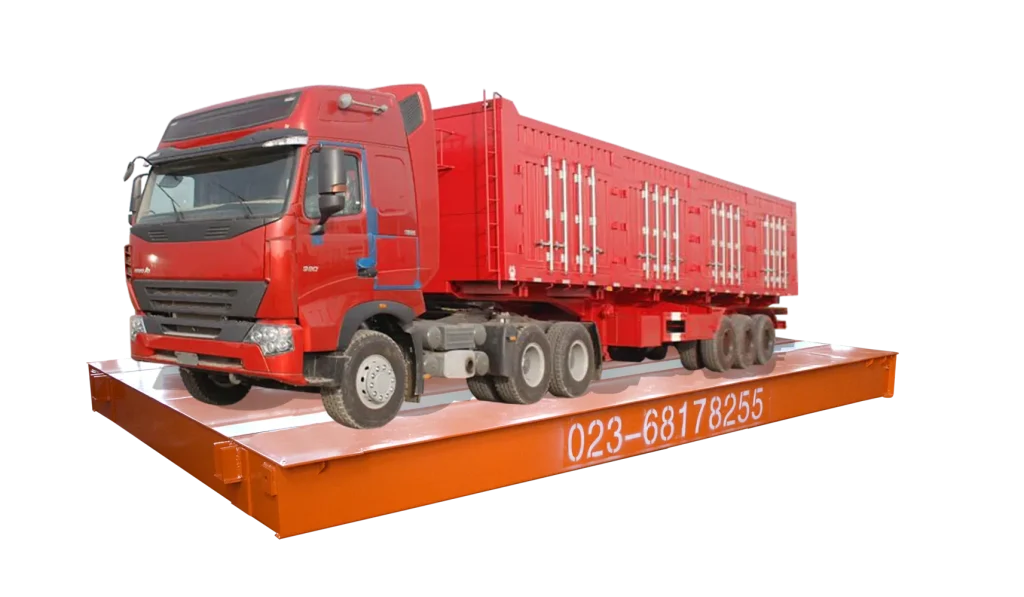
Truck scales play a critical role in industries such as logistics, agriculture, mining, waste management, and construction. Choosing the right type of truck scale is essential for accurate weight measurement, legal compliance, and operational efficiency.
In this blog, we’ll explore the different types of truck scales, comparing their features, applications, advantages, and disadvantages in a detailed, multi-dimensional analysis.
Why Are Truck Scales Important?
A truck scale ensures
✅ Accurate weight measurement – Prevents overloading and underloading.
✅ Legal compliance – Meets government regulations for vehicle weight limits.
✅ Operational efficiency – Optimizes logistics and transportation.
✅ Safety – Reduces accidents caused by overloaded trucks.
✅ Fair trade – Ensures correct billing based on weight.
Now, let’s explore the different types of truck scales!
Main Types of Truck Scales
There are several types of truck scales, classified based on their installation method, weighing process, and portability.
| Type of Truck Scale | How It Works | Best For | Advantages | Disadvantages |
| Weighbridge (Static) Truck Scales | A permanent scale where trucks stop for weighing. | Freight, logistics, agriculture, industrial use. | High accuracy, durable, legal-for-trade. | Space-saving allows easy drive-through. |
| Portable Truck Scales | Lightweight, mobile scales placed on flat surfaces for weighing. | Temporary work sites, construction, agriculture. | Easy to move, cost-effective. | Lower accuracy, less durable. |
| Axle Weigh Pads | Measures weight per axle and adds up the total weight. | Fleet management, quick roadside checks. | Continuous weight measurement integrates with conveyors. | Less accurate than full weighbridges. |
| Onboard Truck Scales | Built into the truck’s suspension system to measure weight during travel. | Fleet management, mining, agriculture. | Real-time weighing, no weigh station needed. | High initial cost, requires calibration. |
| Pit-Mounted Weighbridges | Installed in a pit so the scale is level with the ground. | Industrial and high-traffic areas. | Quick and easy, no permanent installation is needed. | Requires pit construction and drainage. |
| Above-Ground Weighbridges | Installed above ground with ramps leading to the platform. | General truck weighing applications. | Easy to install, suitable for most sites. | Needs extra space for ramps. |
| Belt Weigh Scales | Measures material weight as it moves on conveyor belts. | Mining, agriculture, bulk material handling. | Continuous weight measurement, integrates with conveyors. | Not for whole-truck weighing. |
Detailed Analysis of Truck Scale Types
Weighbridge (Static) Truck Scales
Description: Large, permanent scales installed on a concrete foundation. The truck stops completely on the scale for weighing.
Common Uses
- Freight and logistics
- Manufacturing and industrial applications
- Agriculture and grain transport
Pros & Cons
| Pros | Cons |
| ✅ High accuracy | ❌ Expensive installation |
| ✅ Durable and long-lasting | ❌ Requires large space |
| ✅ Suitable for high-volume weighing | ❌ Not portable |
Portable Truck Scales
Description: Lightweight, mobile scales that can be set up on any level surface.
Common Uses
- Construction sites
- Temporary weighing needs
- Remote locations
Pros & Cons
| Pros | Cons |
| ✅ Easy to transport and set up | ❌ Less durable |
| ✅ More affordable | ❌ Lower accuracy than weighbridges |
| ✅ No need for a fixed foundation | ❌ May require frequent calibration |
Axle Weigh Pads
Description: Measures the weight of each axle separately and calculates total weight.
Common Uses
- Fleet management
- Roadside enforcement
- Quick weight checks
Pros & Cons
| Pros | Cons |
| ✅ Compact and easy to use | ❌ Less accurate than full-truck scales |
| ✅ No installation required | ❌ Can’t measure cargo separately |
| ✅ Fast weight measurement | ❌ Limited capacity |
Onboard Truck Scales
Description: Built into the truck’s suspension system to provide real-time weight monitoring.
Common Uses
- Mining and heavy-duty trucking
- Agriculture and bulk transport
- Fleet management
Pros & Cons
| Pros | Cons |
| ✅ No need for weigh stations | ❌ High initial cost |
| ✅ Continuous weight monitoring | ❌ Requires regular calibration |
| ✅ Improves load distribution | ❌ Limited to equipped vehicles |
Pit-Mounted Weighbridges
Description: Installed in a pit, making it level with the road surface.
Common Uses
- Industrial sites
- High-traffic areas
- Limited-space installations
Pros & Cons
| Pros | Cons |
| ✅ Saves space, easy access | ❌ Requires drainage system |
| ✅ Can handle heavy loads | ❌ Expensive to install |
| ✅ More aesthetically integrated | ❌ Permanent installation |
Above-Ground Weighbridges
Description: A raised platform with ramps for truck access.
Common Uses:
- General-purpose truck weighing
- Logistics and transportation hubs
Pros & Cons
| Pros | Cons |
| ✅ Easier to install than pit-mounted scales | ❌ Requires space for ramps |
| ✅ Cost-effective for long-term use | ❌ Not as visually integrated as pit-mounted scales |
Belt Weigh Scales
Description: Weighs bulk materials as they move on conveyor belts.
Common Uses
- Mining
- Agriculture
- Bulk material handling
Pros & Cons
| Pros | Cons |
| ✅ Continuous weight measurement | ❌ Cannot weigh full trucks |
| ✅ Integrates with conveyor systems | ❌ Limited to material handling industries |
How to Choose the Right Truck Scale?
To select the best truck scale for your business, consider the following:
| Factor | Best Option |
| Permanent vs. Portable | Weighbridges for permanent, portable scales for flexibility |
| Budget | Axle weigh pads and portable scales are more affordable |
| Industry Needs | Onboard scales for fleets, belt weigh scales for mining |
| Space Availability | Pit-mounted weighbridges save space, above-ground requires ramps |
| Accuracy Requirements | Weighbridges offer the highest accuracy |
Conclusion: The Right Truck Scale for Your Business
Choosing the right truck scale depends on your industry, budget, space availability, and weighing needs. Whether you need a high-accuracy weighbridge, a flexible portable scale, or an onboard monitoring system, understanding the differences can help you make an informed decision.
Need expert advice on truck scales? Contact us for recommendations tailored to your business!

